Sober Living
Sober Living
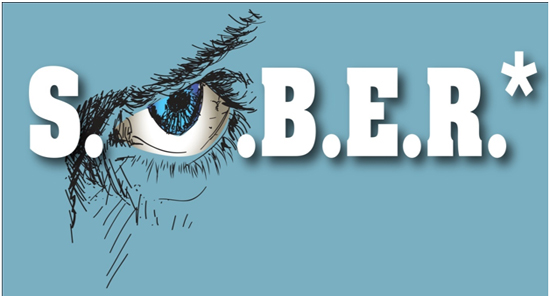
Alcoholics Anonymous (AA) is an international mutual aid fellowship[1] founded in 1935 by Bill Wilson and Dr. Bob Smith in Akron, Ohio. AA's stated "primary purpose" is to help alcoholics "stay sober and help other alcoholics achieve sobriety".[2][1][3] With other early members, Bill Wilson and Bob Smith developed AA's Twelve Step program of spiritual and character development. AA's initial Twelve Traditions were introduced in 1946 to help the fellowship be stable and unified while disengaged from "outside issues" and influences.
The Traditions recommend that members and groups remain anonymous in public media, altruistically help other alcoholics and avoid official affiliations with other organizations. They also advise against dogma and coercive hierarchies. Subsequent fellowships such as Narcotics Anonymous have adopted and adapted the Twelve Steps and the Twelve Traditions to their respective primary purposes
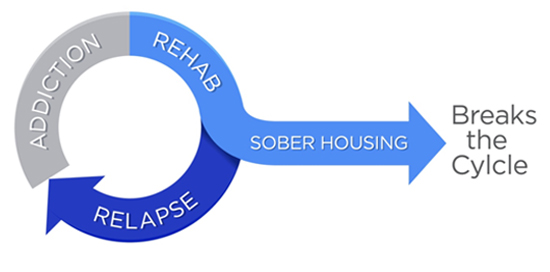
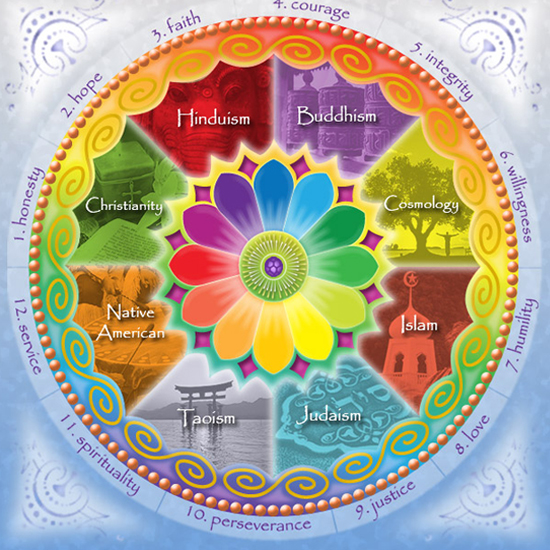
According to AA's 2014 membership survey, 27% of members have been sober less than one year, 24% have 1–5 years sober, 13% have 5–10 years, 14% have 10–20 years, and 22% have more than 20 years sober. Studies of AA's efficacy have produced inconsistent results. While some studies have suggested an association between AA attendance and increased abstinence or other positive outcomes, other studies have not.
The first female member, Florence Rankin, joined AA in March 1937, and the first non-Protestant member, a Roman Catholic, joined in 1939. AA membership has since spread "across diverse cultures holding different beliefs and values", including geopolitical areas resistant to grassroots movements. Over 2 million people worldwide are members of AA as of 2016.
AA's name is derived from its first book, informally called "The Big Book", originally titled Alcoholics Anonymous: The Story of How More Than One Hundred Men Have Recovered From Alcoholism.
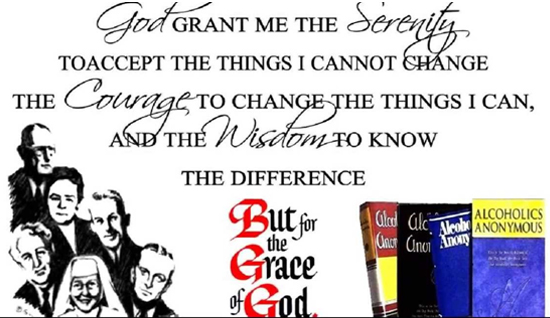
To share their method, Wilson and other members wrote the initially-titled book, Alcoholics Anonymous: The Story of How More Than One Hundred Men Have Recovered from Alcoholism, from which AA drew its name. Informally known as "The Big Book" (with its first 164 pages virtually unchanged since the 1939 ion), it suggests a twelve-step program in which members admit that they are powerless over alcohol and need help from a "higher power". They seek guidance and strength through prayer and mation from God or a Higher Power of their own understanding; take a moral inventory with care to include resentments; list and become ready to remove character defects; list and make amends to those harmed; continue to take a moral inventory, pray, mate, and try to help other alcoholics recover.
The second half of the book, "Personal Stories" (subject to additions, removal and retitling in subsequent ions), is made of AA members' redemptive autobiographical sketches. In 1941, interviews on American radio and favorable articles in US magazines, including a piece by Jack Alexander in The Saturday Evening Post, led to increased book sales and membership. By 1946, as the growing fellowship quarreled over structure, purpose, and authority, as well as finances and publicity, Wilson began to form and promote what became known as AA's "Twelve Traditions," which are guidelines for an altruistic, unaffiliated, non-coercive, and non-hierarchical structure that limited AA's purpose to only helping alcoholics on a non-professional level while shunning publicity. Eventually he gained formal adoption and inclusion of the Twelve Traditions in all future ions of the Big Book. At the 1955 conference in St. Louis, Missouri, Wilson relinquished stewardship of AA to the General Service Conference, as AA grew to millions of members internationally.
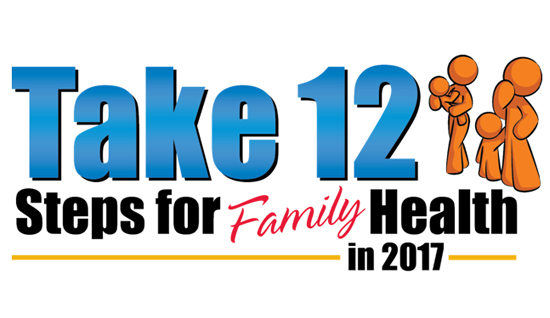
AA's program extends beyond abstaining alcohol. Its goal is to effect enough change in the alcoholic's thinking "to bring about recovery from alcoholism" through a spiritual awakening. A spiritual awakening is meant to be achieved by taking the Twelve Steps, and sobriety is furthered by volunteering for AA and regular AA meeting attendance or contact with AA members. Members are encouraged to find an experienced fellow alcoholic, called a sponsor, to help them understand and follow the AA program. The sponsor should preferably have experience of all twelve of the steps, be the same sex as the sponsored person, and refrain from imposing personal views on the sponsored person. Following the helper therapy principle, sponsors in AA may benefit from their relationship with their charges, as "helping behaviors" correlate with increased abstinence and lower probabilities of binge drinking

AA's program is an inheritor of Counter-Enlightenment philosophy. AA shares the view that acceptance of one's inherent limitations is critical to finding one's proper place among other humans and God. Such ideas are described as "Counter-Enlightenment" because they are contrary to the Enlightenment's ideal that humans have the capacity to make their lives and societies a heaven on earth using their own power and reason. After evaluating AA's literature and observing AA meetings for sixteen months, sociologists David R. Rudy and Arthur L. Greil found that for an AA member to remain sober a high level of commitment is necessary. This commitment is facilitated by a change in the member's worldview.